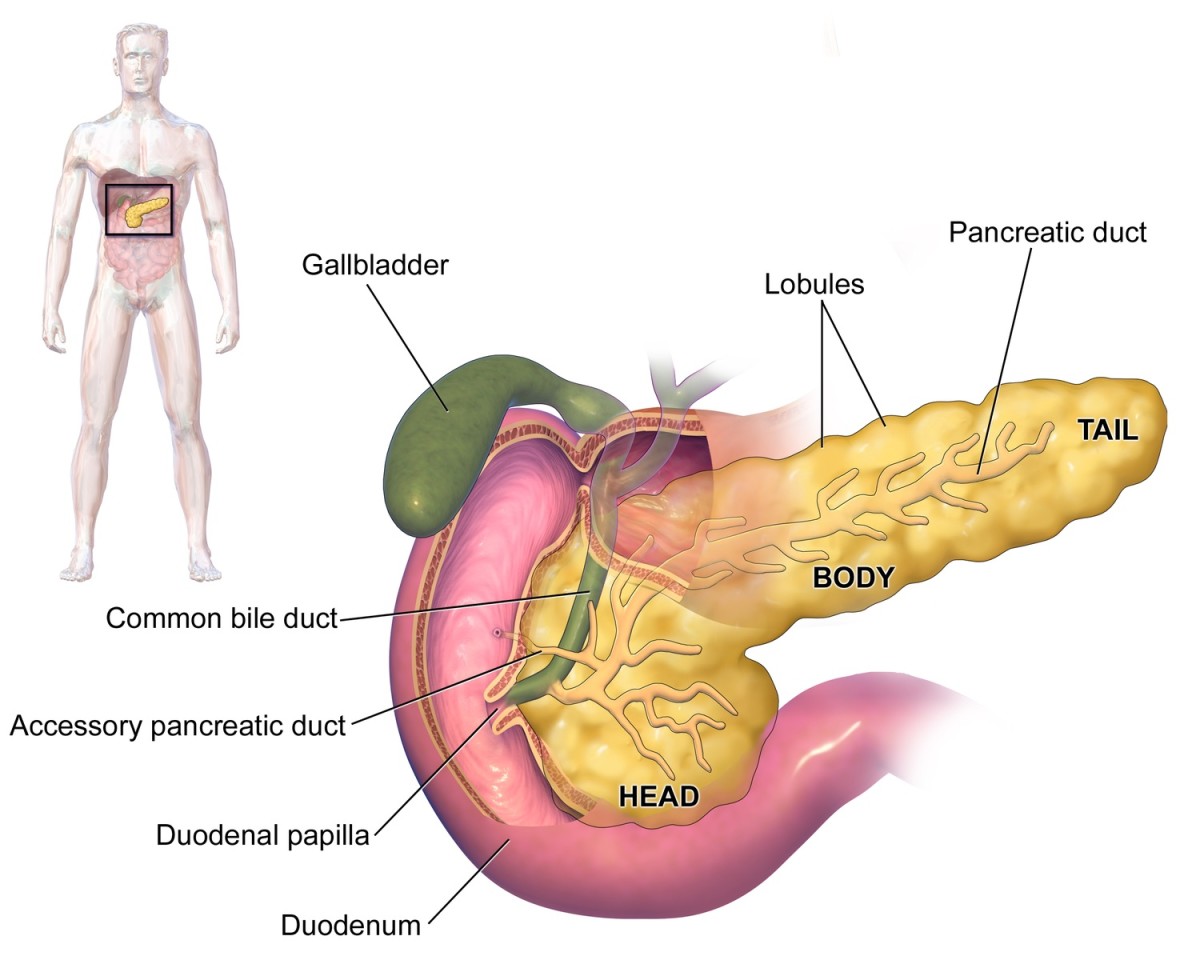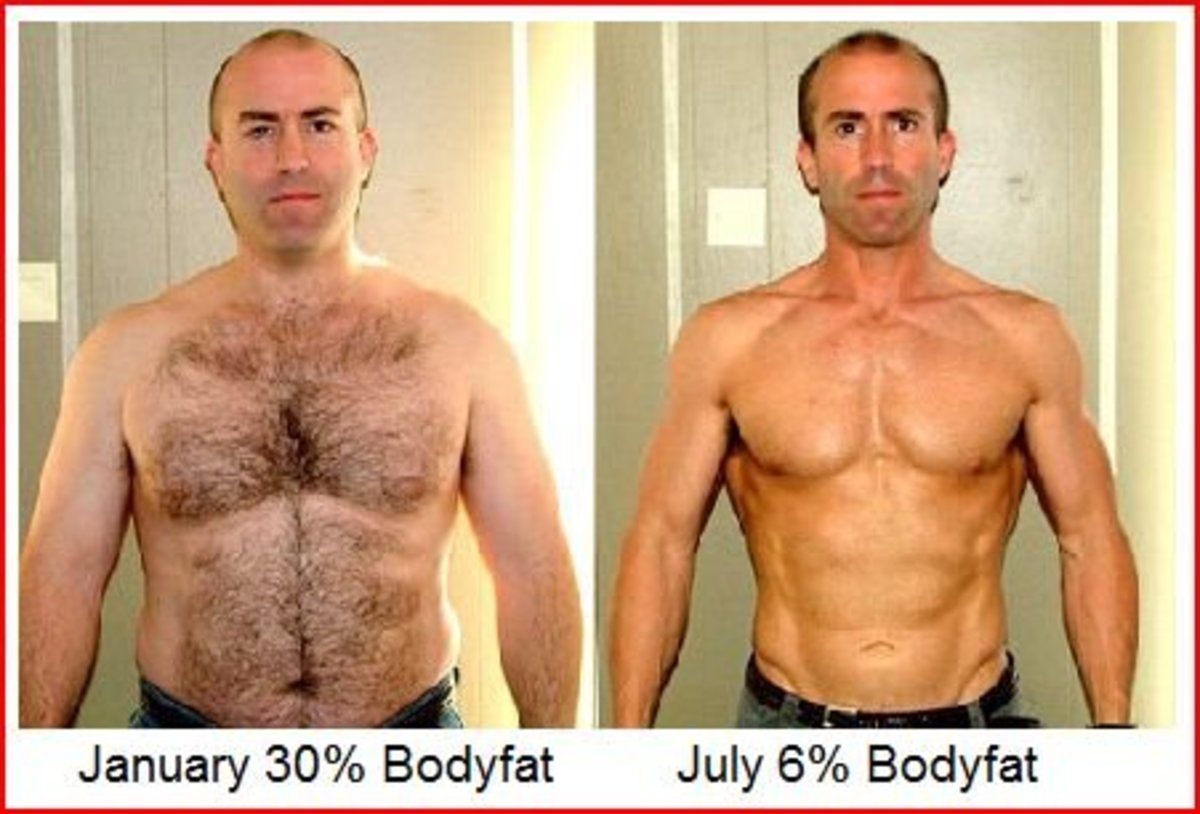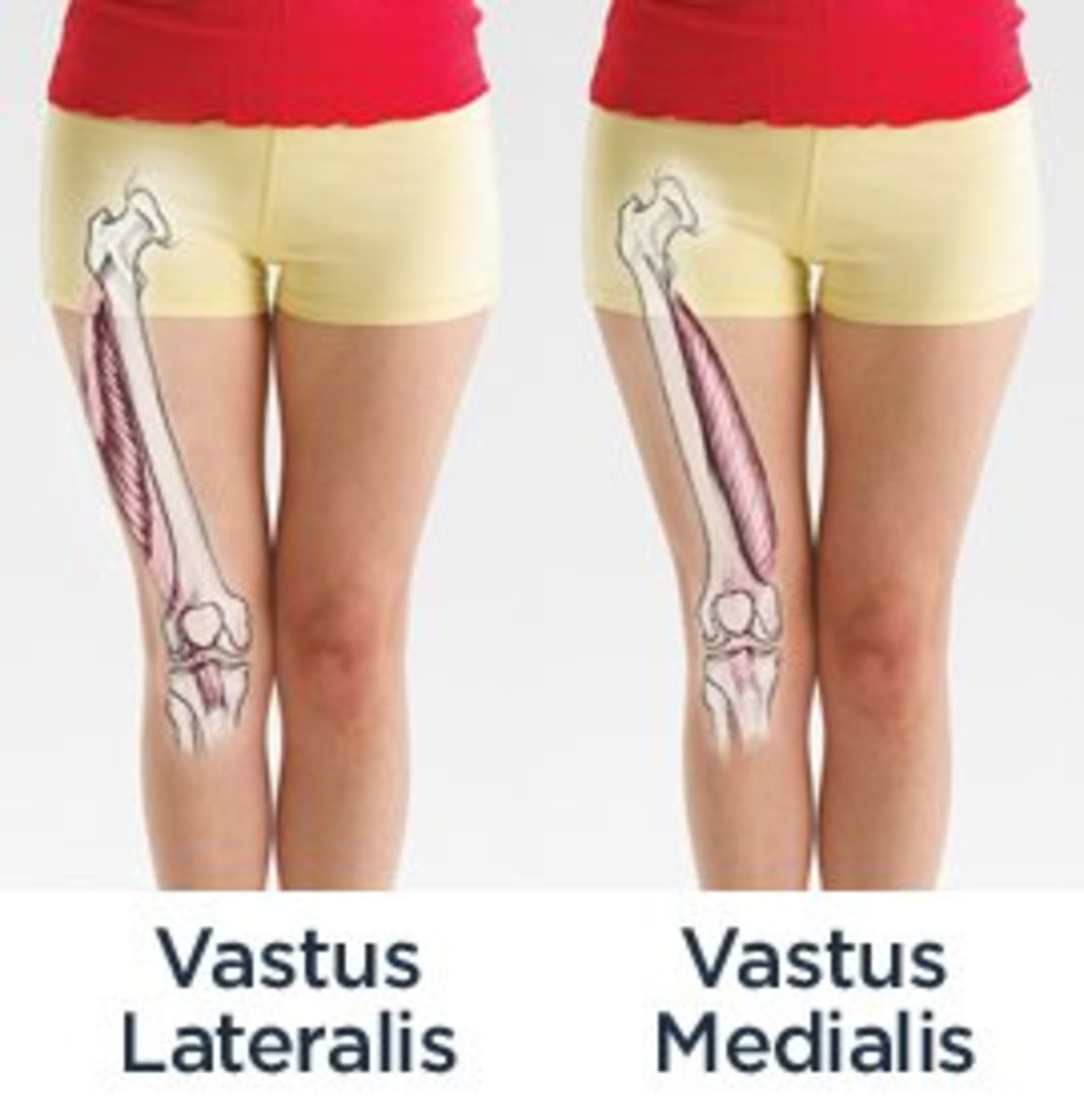Weights first, then cardio? Cardio first, then weights? Which one, and why?
Which one first? Weights or cardio?
I hate questions with more than one correct answer, as this one has many. What it comes down to are goals. Every fitness plan must have goals, however modest they may be.
The first, and mostly correct answer is weight training first. This comes down to some simple bio-chem knowledge. Weight training is anaerobic (cellular respiration taking place absent oxygen). The primary source of energy or "fuel" here is glycogen. Glycogen is made by the body from carbohydrates. Polysaccharides are digested, glucose is released- then assimilated. From there, this glucose is transformed in glycogen, and stored in the liver (primarily) or the muscle (muscle mass is typically no more that 2% glycogen).
When it's needed, it's transported to the mitochondria of the cell. Without going into (way) too much detail- adenosine triphosphate eventually becomes the cellular energy (which is why creatine is such a popular supplement. Creatine is an ATP precursor).
Okay, so our weight training has depleted most of our glycogen stores. A number of things can happen now. If we decide that low intensity cardio is what we're going to follow the weight training with, we're more likely to metabolize fat. This is transformed into glucose through gluconeogenesis.
Be careful, though. Lean muscle can also be catabolized into glucose, via the very same mechanism, and it will be the first thing you body will prey on!
If lean muscle gain is our goal, then we must keep a few factors in mind:
1) Keep the intensity low during the cardio portion.
2) Retention of a positive nitrogen (+N) balance, which is achieved through a surplus of amino acids and peptides. Glutamine would be THE most important amino acid in muscle preservation. While leucine is the "signaller" for muscle protein synthesis.
In every case, no carbohydrates should be ingested 2.5 hours before, nor during exercise. This will cause an insulin secretion- thus blunt HGH production (which is later metabolized by the liver into IGF-1).
This is a very broad subject. It will be the gist of many hubs to come.








